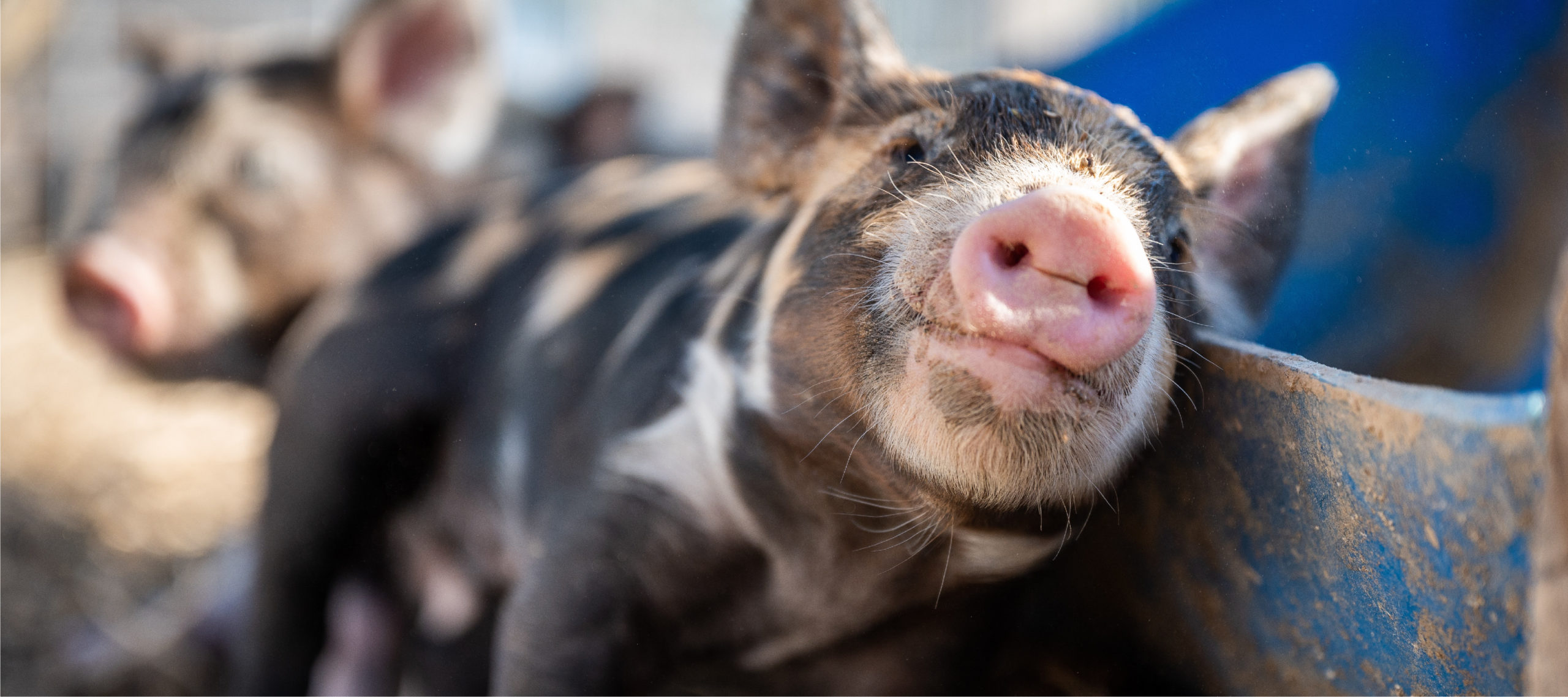
Human Diets
Appetite or distaste for cell-based seafood?
An examination of Japanese consumer attitudes
Abstract
Conventional seafood production contributes to some of the most alarming global problems we face at present, such as the destabilization of aquatic ecosystems, human health risks, and serious concerns for the welfare of trillions of aquatic animals each year. The increasing global appetite for seafood necessitates the development of alternative production methods that meet consumer demand, while circumventing the aforementioned problems. Among such alternatives, cell-based seafood is a promising approach. For its production, cells are taken from live aquatic animals and are cultivated in growth media, thus making the rearing, catching, and slaughtering of a great number of animals redundant. In recent years, this alternative production method has transitioned from aspiration to reality, and several cell-based seafood start-ups are preparing to launch their products. Market success, however, has been reckoned to largely depend on consumer attitudes. So far, there has been little research exploring this within Asia, and none in Japan, which has one of the highest seafood consumption footprints per capita globally. The present study explores cell-based seafood-related knowledge, attitudes and behavioral intentions of Japanese consumers (n = 110) via a questionnaire-based, quantitative analysis. Although findings suggest low awareness of the concept of cell-based seafood, attitudes and intentions were positive overall, with about 70% of participants expressing an interest in tasting, and 60% expressing a general willingness to buy cell-based seafood. Younger age was significantly associated with more positive attitudes, while prior knowledge of cell-based seafood was strongly linked to willingness to pay a premium for cell-based products. While highlighting the need for information campaigns to educate Japanese consumers about cell-based seafood, this study’s findings suggest the Japanese market to be moderately ready for the launch of such products.
Braun PD & Knight A (2023). Appetite or distaste for cell-based seafood? An examination of Japanese consumer attitudes. Commodities 2(4), pp. 329-354. https://doi.org/10.3390/commodities2040019.
